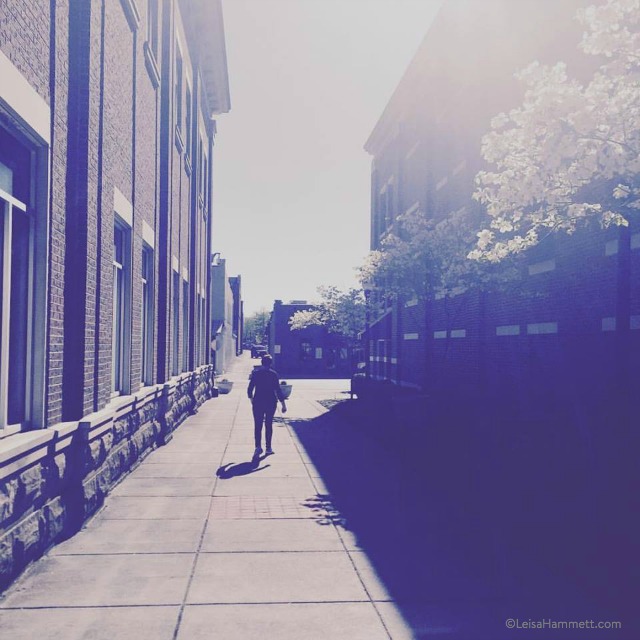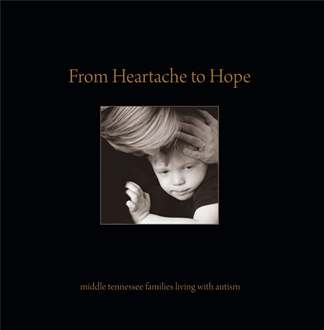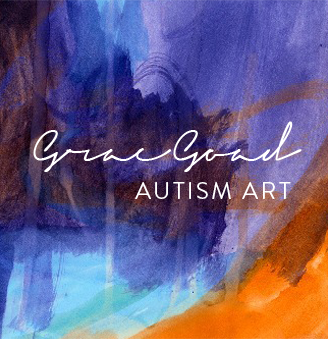
I was deeply emotionally and physically saddened this week by the news of the 18-year-old Chicago male with disAbilities who was kidnapped by four youth, two or more who were allegedly classmates, one even considered a friend. The youth took him from a McDonalds, where he was to meet his “friend,” and then led him to a house where he was verbally and physically tortured for 24 to 48 hours, and, for about one hour, captured on Facebook live. I will not glorify the incident by sharing any links. It can be found by googling “Chicago special needs torture.” Snippets of the torture are still viewable on various news sites, but Facebook rightly took down the original video.
I cannot imagine any of Grace’s former high school classmates resorting to any such extremes, but part of the point of this post is to proclaim that abuse (though this extreme is very rare,) of special needs loved ones is not uncommon and a parent’s worst nightmare. The type of torture the young man with disAbilities suffered is inconceivable: cornered; bound; sock stuffed in his mouth then, taped shut; kicked; beaten; yelled at, repeatedly cut with a knife, including perforations to his scalp; filmed live in a party like atmosphere and then let go where he was found by police wandering the streets dazed. The youth were arrested soon after and the court chose not to release them on bail. The incident has been labeled a hate crime.
While this is graphically hideous, listen: 97 percent of people with disAbilities experience some form of sexual abuse in their lifetime. From an unwanted pat on the butt, for which many have no or little language to resist, to rape.
*You better believe that the possibility of kidnapping and sexual misconduct against my very vulnerable daughter is always on the fringes of my awareness. I keep a long string attached to her. Sometimes families’ strings are abruptly severed. Most of us walk a perilous line between encouraging necessary independence to the degree it is possible, and ensuring as much safety as we can. Continue reading for how I define independence.*
A United States timeline for disAbility rights last century ranges widely from horror to increasing progress from: immediate institutionalization, upon birth or diagnosis, where they were too often abused. Keeping loved ones at home where they were denied education. School doors opened but only in separate buildings. School doors opened but down in the basement. Doors opened but only in separate classrooms. And where we are now, still struggling, inconsistently, nationwide, for inclusion alongside peers with adequate supports when needed, in general education classrooms. In the 20 years we have known of Grace’s disAbility of autism, intellectual disAbilities, and severe speech-language impairment, she has been bullied, though minimally—two incidents, one sustained over several months. We worked to educate her peers and prevent more. Various friends’ experiences have included being routinely stuffed into a janitor’s closet, and unfairly arrested for “misconduct,” spit upon and pinpricked by educators. I could go on with more horrific descriptions in the last 10-20 years involving cages and physical torture that have happened within schools in surrounding counties, and Tennessee does not stand alone in witnessing these abuses. We may have made tremendous progress in educational inclusion, but even so, we are still stunted.
Those grossly clouded by fear and ignorant of the important lessons of history, still advocate for segregation in schools, workplaces, community and housing. The federal government never fully funded its mandate about two decades back for school inclusion. Institutions have, largely, been closed. And, last year, the fed cracked down on segregated workplaces, known as sheltered workshops.
Individuals with disAbilities deserve the same rights as the rest of us: to be educated, be, work, and live in and with community. But we have carried along into the march of progress a history of ignorance, fear, misunderstanding, and segregation still played out daily in the lives of individuals and their families, like mine. Even language—to some, the seemingly harmless use of derogatory words—spouted in jest, are mean, hurtful reminders that we have still not garnered the respect and dignity of equality.
Every day we personally live with the burden of inequality: by the hoops we are still jumping to secure employment, by the great lengths we must take to find caregivers, by the enormous costs we endure for the lack of services, provisions, and accommodations. By the lack of friendships. By the stares we frequently endure in public. It has gotten better and it is getting better.
Parents do not live forever. Parents must, but often do not, make choices in their own nutrition, physical, and self-care to live long for their sons and daughters. Giving our loved ones as much independence as possible and in terms appropriate for each individual is difficult, as it is emotionally and physically demanding and challenging to find enough and adequate supports. But, it is equipping them for the day we will not be here. It is gifting community with the enrichment of their being and inclusion. It is the enrichment that they deserve.
But the risk. The risk we take. The risk is always there.
Those youth knew full well what they were doing. Their victim was chosen for his sheer vulnerability, his lack of ability to fight back and protect himself.
And so we continue daily, as individuals and a community, to toil. A muted, dismissed, and often forgotten voice among the roar of societal injustices, to advocate for understanding and inclusion so that we are not seen as invisible or pawns for verbal or physical folly.
We’ve been in the press lately:
Jobs Bring Meaning to Young Adults with Disabilities
Of Pretzels and Painting: The Entrepreneurial Choice
Eligible for Job and College Aid, Half of Tennesseans with Disabilities Get Nothing




